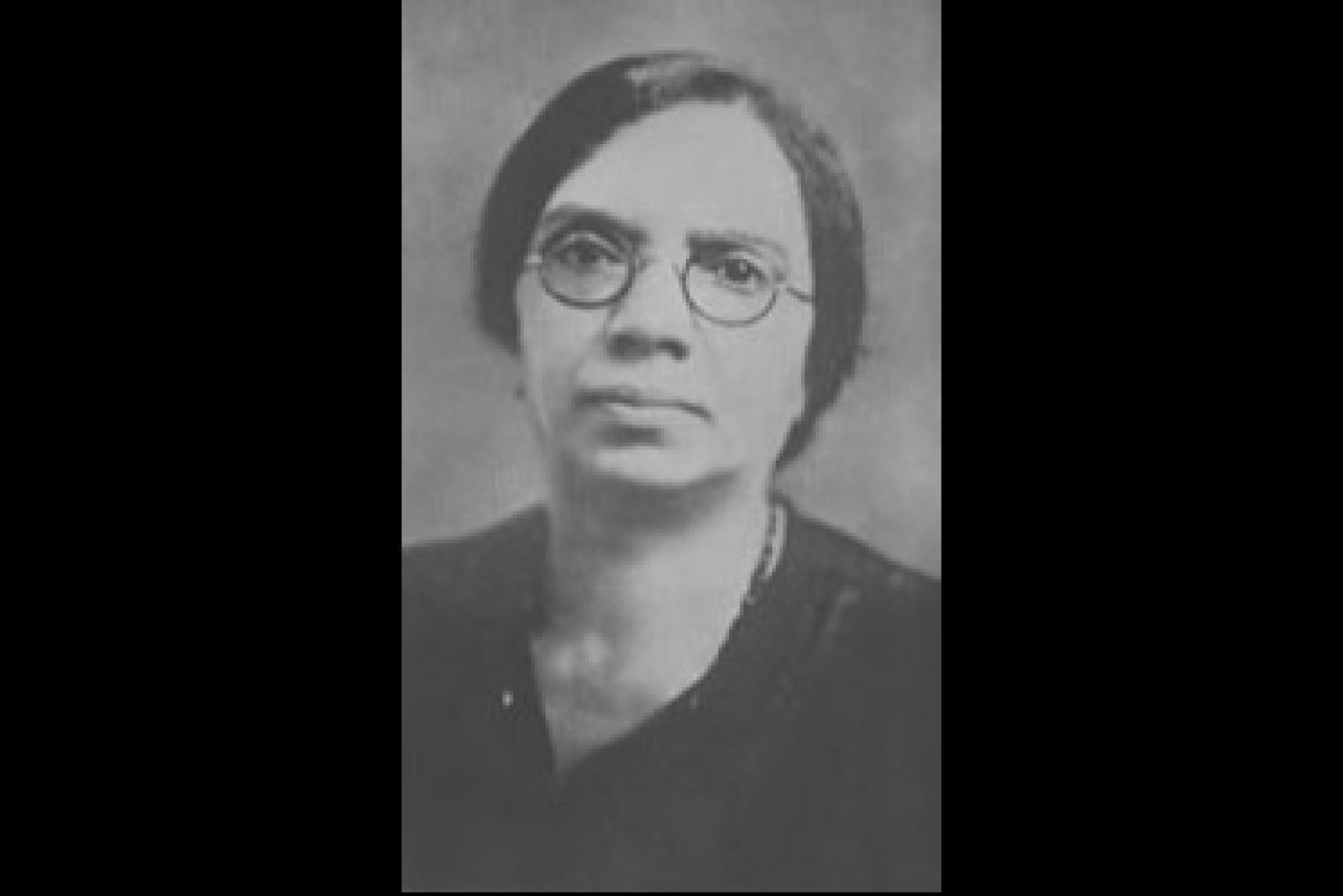An influential North Carolina educator soon will be recognized with a North Carolina Highway Historical Marker. The N.C. Historical Marker Program is part of the N.C. Department of Natural and Cultural Resources.
The marker commemorating the life and accomplishments of Annie Wealthy Holland will be unveiled Saturday, Sept. 6 at 1 p.m., at the T.S. Cooper Elementary School (237 NC Highway 32, Sunbury, N.C.)
Holland, born in Virginia in 1871 and who attended Hampton Institute, was licensed as a teacher. She became a Jeanes Fund instructor in Gates County in 1911, supported by the Negro Rural School Fund of the Anna T. Jeanes Foundation. Holland supervised education in 22 rural Gates County schools and helped establish agriculture clubs in those communities.
North Carolina had more Jeanes teachers than any other state in 1915 and it was then that Holland became the Jeanes Fund’s state demonstration agent. In that role, she was essentially the state supervisor of the elementary schools for African American students. When North Carolina established the Division of Negro Education in 1921, Holland became the division’s State Supervisor of Negro Elementary Schools.
Holland founded the first parent-teacher association for African Americans which held its first meeting in Raleigh at Shaw University in 1928. The association came to be known as the North Carolina Congress of Colored Parents and Teachers.
She died in 1934 during a speaking engagement to a group of teachers in Louisburg, N.C., and was buried in Franklin, Va. At the 10th annual meeting of the North Carolina Congress of Colored Parents and Teachers, attendees planted a tree at Shaw University in her memory.
For more information about the historical marker, please visit https://www.dncr.nc.gov/blog/2024/07/30/annie-wealthy-holland, or call (919) 814-6625.
The Highway Historical Marker Program is a collaboration between the N.C. departments of Natural and Cultural Resources and Transportation.
About the North Carolina Department of Natural and Cultural Resources
The N.C. Department of Natural and Cultural Resources (DNCR) manages, promotes, and enhances the things that people love about North Carolina – its diverse arts and culture, rich history, and spectacular natural areas. Through its programs, the department enhances education, stimulates economic development, improves public health, expands accessibility, and strengthens community resiliency.
The department manages over 100 locations across the state, including 27 historic sites, seven history museums, two art museums, five science museums, four aquariums, 35 state parks, four recreation areas, dozens of state trails and natural areas, the North Carolina Zoo, the State Library, the State Archives, the N.C. Arts Council, the African American Heritage Commission, the American Indian Heritage Commission, the State Historic Preservation Office, the Office of State Archaeology, the Highway Historical Markers program, the N.C. Land and Water Fund, and the Natural Heritage Program. For more information, please visit www.dncr.nc.gov.

